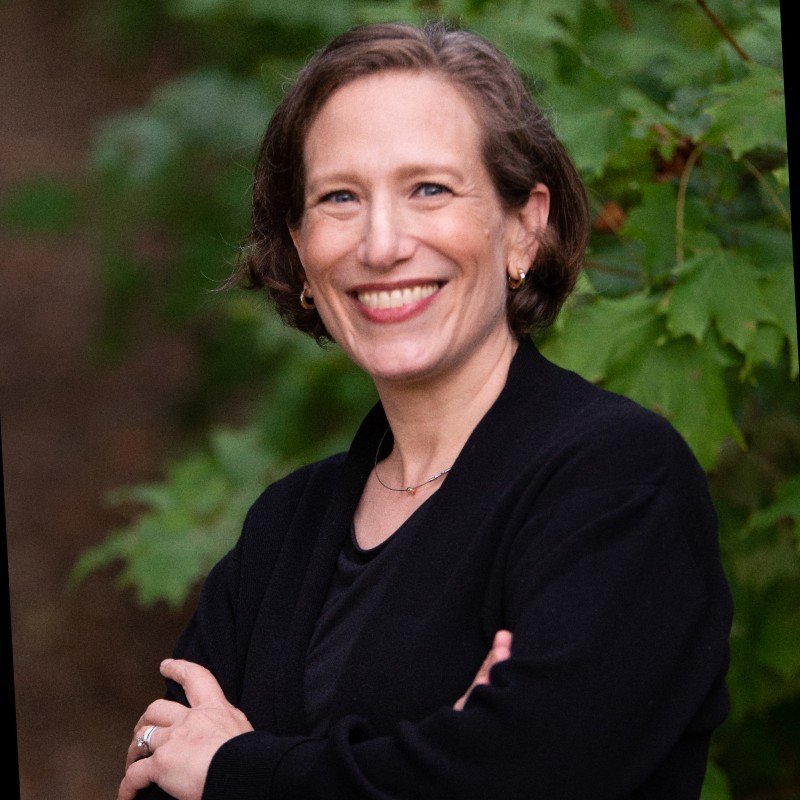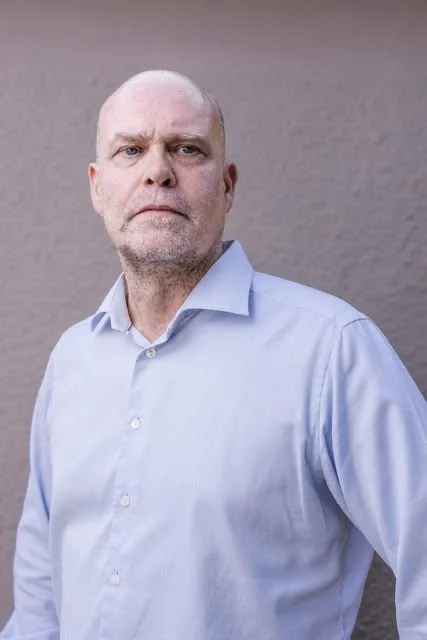The International Community and Post-Conflict State Building
Day five- the last day- of the summer school includes interviews with experts on the role of the United Nations in state building, post-conflict elections, and the refugee right to return. Day five will also include an expert roundtable discussion on the role of the international community in post-conflict state building in Syria. This page includes the schedule for the day, details on the experts who presented, additional resources and a recording of the July 11 zoom session.
Click on the video above to watch a recording of this session.
Schedule:
Introduction
The United Nations and Statebuilding (Ambassador Joachim Rücker)
Elections and Elections Monitoring (with Colonel of Marines (Ret.) Rick Lorenz)
Break
Refugees and the Right to Return (Adrienne Fricke)
Roundtable: The Role of the International Community in Syria (Joud Monla-Hassan, Ambassador Robert Ford, and Ivan Nielsen)
Closing
Additional Resources
UN Security Council Resolution 1244, (established the United Nations Interim Administration Mission in Kosovo (UNMIK))
The Kosovo Report, The Independent International Commission on Kosovo (2000)
Dr. Paul Williams, “Earned Sovereignty: Bridging the Gap Between Sovereignty and Self-Determination”, American University Washington College of Law (2004)
The ICTY and the indictment of President Milosevic and others.
“ICTY: The Kosovo Case, 1998-1999.” How the Crimes in Kosovo Were Investigated, Reconstructed and Prosecuted
The 2010 Burmese Elections: Neither Free nor Fair. Elections Monitoring Report (2010)
PILPG Training: Post-Conflict Elections (video) and (speaker notes)
Reading: Return of Refugees and Internally Displaced Persons: Core Elements [2006]
Video: Refugees/Migrants/IDPs key concepts
Speaker notes: Refugees/Migrants/IDPs
PILPG Lawyering Peace Podcast: Behind the Geneva Talks- Ivan M. Nielsen Diplomacy and Peace in Syria
PILPG Lawyering Peace Podcast: Ivan M. Nielsen on Pathways to Unity, Governance, and International Engagement in Post-Assad Syria
Experts:
-
Dr. Paul R. Williams holds the Rebecca I. Grazier Professorship in Law and International Relations at American University where he teaches in the School of International Service and at the Washington College of Law. Dr. Williams is also the co-founder of the Public International Law & Policy Group (PILPG), a pro bono law firm providing legal assistance to states and governments involved in peace negotiations, post-conflict constitution drafting, and the prosecution of war criminals. As a world renowned peace negotiation lawyer, Dr. Williams has assisted over two dozen parties in major international peace negotiations and has advised numerous parties on the drafting and implementation of post-conflict constitutions. Several of Dr. Williams' pro bono government clients throughout the world joined together to nominate him for the Nobel Peace Prize.
-
Rick Lorenz is a PILPG Senior Peace Fellow and a Senior Lecturer at the Jackson School of International Studies, University of Washington and Adjunct Senior Lecturer at the Law School. He previously served as a judge advocate for the US Marine Corps, including a tour as an infantry company commander. He was the senior legal advisor for the US military intervention in Somalia in 1992, and returned there as senior legal advisor for the UN evacuation in 1995. In 1996 he served in Bosnia as a senior legal advisor for the NATO implementation force, and went on to teach Political Science at the National Defense University (NDU). He developed and taught the first course in Environmental Security at NDU in 1997. After his retirement from the Marine Corps as a colonel in 1998 he spent a year as a Fulbright Senior Scholar in St Petersburg, Russia, teaching courses in international law, environmental law and US foreign policy. In 2000 he served as a United Nations legal affairs officer in Kosovo, working in the UN Civil Administration.
-
Amb. (ret.) Robert S. Ford is currently a senior fellow at the Middle East Institute in Washington where he writes about developments in the Levant and North Africa. Amb. Ford retired from the U.S. Foreign Service in 2014 after serving as the U.S. Ambassador to Syria from 2011 to 2014. In this role, Amb. Ford was the State Department lead on Syria, proposing and implementing policy and developing common strategies with European and Middle Eastern allies to try to resolve the Syria conflict. Prior to this, Amb. Ford was the deputy U.S. Ambassador to Iraq from 2008 to 2010, and also served from 2006 until 2008 as the U.S. Ambassador to Algeria, where he boosted bilateral education and rule of law cooperation. Amb. Ford served as deputy chief of mission in Bahrain from 2001 until 2004, and political counselor to the U.S. Embassy in Baghdad from 2004 until 2006 during the tumultuous establishment of the new, permanent Iraqi government. In 2014 he received the Secretary’s Service Award, the U.S. State Department’s highest honor. He also received in April 2012 from the John F. Kennedy Library in Boston the annual Profile in Courage Award for his stout defense of human rights in Syria. He has appeared on CNN, PBS, Fox, MSNBC, NPR, the BBC and Arabic news networks as well as in The New York Times and Foreign Policy.
-
Joachim Rücker has served as Special Representative of the Federal Government for the Middle East Stability Partnership from 2016-2017, Ambassador and Permanent Representative of the Federal Republic of Germany to the Office of the United Nations and to the other International Organizations in Geneva from 2014 to 2016, and President of the UN Human Rights Council in 2015.
Prior to these appointments, Mr. Rücker had served as Inspector General at the Federal Foreign Office of Germany in Berlin, and as Germany’s Ambassador to Sweden.
Mr. Rücker served as Special Representative of the Secretary-General at the United Nations Interim Administration Mission in Kosovo (UNMIK) from 2006 to 2008. He served as Deputy Special Representative of the Secretary-General of the UNMIK/EU Pillar for Economic Reconstruction from 2005 to 2006. From 1993 to 2001, Mr. Rücker served as Mayor of the City of Sindelfingen. He worked as a Foreign Policy and European Integration Adviser, Social Democratic Parliamentary Group, German Bundestag in Bonn from 1991 to 1993.
Mr. Rücker has also held various postings with the Federal Foreign Office of Germany from 1979 to 1991, including serving in Vienna, Dar es Salaam and Detroit. Mr. Rücker has a degree and a PhD in economics from the University of Freiburg.
-
Joud Monla-Hassan is the Director of Citizens for a Secure and Safe America (C4SSA), a Syrian American nonprofit advancing justice, accountability, and a democratic transition in Syria. A Syrian American of Circassian heritage with family roots in Aleppo, she has spent over a decade working at the intersection of grassroots advocacy, survivor-centered justice, and high-level policy engagement. Joud previously served as a Program Officer at the National Democratic Institute and as a Research Analyst at the United States Institute of Peace (USIP), where she was a founding member of the Syria Study Group.
Her fieldwork has taken her across refugee communities in the region, where she has documented survivor testimonies and researched issues including child marriage in displacement settings, with several published articles informing global advocacy. She has spoken widely—including at The Citadel University and international conferences—on the future of post-Assad Syria, stabilization, and the role of global actors. Through her work with U.S. institutions, the United Nations, and civil society networks, Joud continues to advocate for a survivor-informed and Syrian-led international response that is inclusive, credible, and grounded in local realities.
-
Adrienne Fricke is a Senior Peace Fellow at PILPG, a Fellow at the Middle East Initiative at the Harvard Kennedy School of Government and a consultant specializing in human rights and policy-related issues in the Middle East and Africa. Her interdisciplinary scholarship draws from the fields of law, social science, and international development to address political issues in the Middle East, especially in Syria and Sudan. Since 2007, she has worked with non-governmental organizations, including Refugees International, Physicians for Human Rights, and the Institute of International Education, serving as an expert on Syria and Sudan. Her past projects include policy analysis of medical and nursing education in northwest Syria; access to higher education for Syrian refugees; the rule of law and transitional justice in Sudan, focusing on civilian inclusion in peace processes; and Yemeni public opinion on peacebuilding and negotiations. Ms. Fricke has conducted field research in Chad, Jordan, Lebanon, Sudan, Syria, and Turkey. She holds a J.D. from the University of Pennsylvania, an M.A. in Near Eastern Studies from New York University, and a B.A. in African Studies from Yale University. Ms. Fricke is fluent in Arabic, French, and Spanish.
-
Ivan M. Nielsen is a former senior Danish diplomat with a legal background, specializing in conflict and transitional contexts focusing on peace and constitution-making processes. He started his career as human rights adviser to South Africa’s Constitutional Assembly, where he was instrumental in conceptualizing a value-based constitutional process. He returned to Cape Town as strategic adviser to the South African Parliament, and he was with the Danish Institute for Human Rights and the United Nations for over a decade, providing value-based strategic planning and organizational development to human rights institutions across Africa, Asia, and Latin America. He joined the Danish diplomatic service in 2007, where he focussed on state fragility and the nexus between foreign and security policy, including in senior positions in Afghanistan (both Kabul and Helmand), Libya and, for more than eight years, as Special Envoy for Syria until he left the the Danish Foreign Ministry in 2021. As an independent Adviser, Ivan has since been providing strategic, political and leadership advice to a variety of state, political and civil society actors across the world. Ivan is a co-founder of Good people for change.








